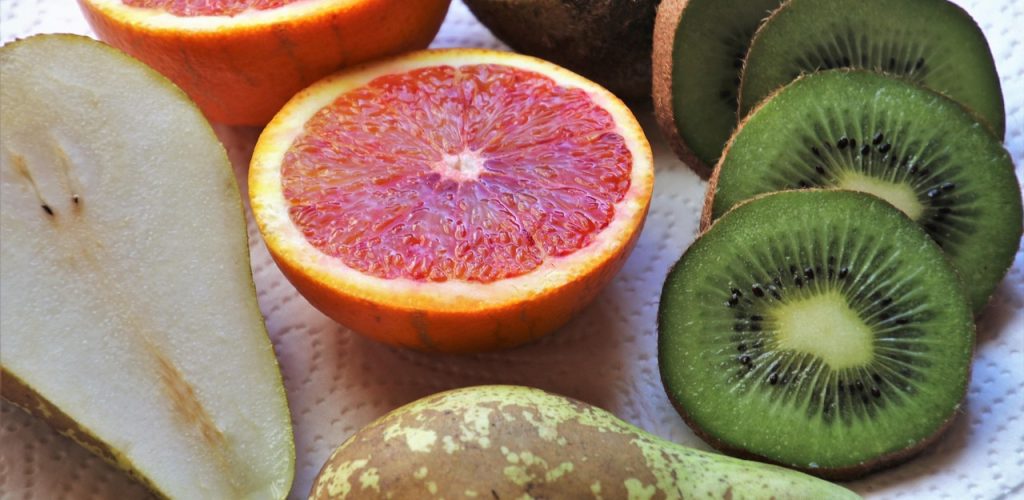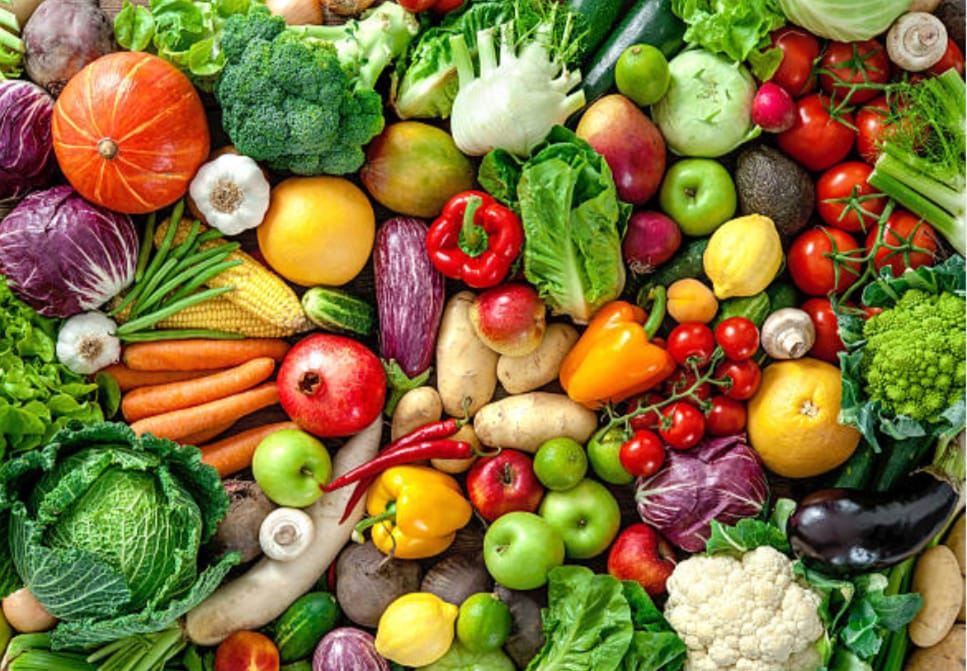Vitamin C: Benefits of Vitamin C, Sources and Why You Need it daily
Vitamin C or Ascorbic Acid is one of the most well-known nutrients. Benefits of Vitamin C are many. Therefore, vitamin C is the most essential vitamin for all. It is a powerful antioxidant and essential for boosting immune system. It also helps the body to make collagen, and maintain overall health. However, human body cannot produce or store vitamin C. Hence, it has to be obtained through our diet or supplements.
This article explores the benefits of vitamin C, its top food sources, and the deficiency risks. It also discusses the best ways to add it into your daily routine for enjoying optimal health.

What is Vitamin C?
To begin with, Vitamin C is a water-soluble vitamin. It supports many bodily functions. It helps combat free radicals and reduces inflammation. Vitamin C helps the body to absorb iron, especially from plant-based foods. Additionally, it is also necessary for healthy skin, joints, and blood vessels.
What are the benefits of Vitamin C?
Boosts the immune system – Most importantly, one of the best-known benefits of Vitamin C is stronger immunity. It helps in the production of white blood cells known as lymphocytes and phagocytes. These help protect the body against infection.
Supports heart health – Vitamin C is also good for heart health. It helps lowering blood pressure. It can also improve the function of blood vessel, particularly the endothelium—the thin layer that lines the arteries. Damage to this layer results in heart disease. Fortunately, researchers have studied how vitamin C can help prevent or reduce heart-related problems. (J.M. May, “How does ascorbic acid prevent endothelial dysfunction?” Free Radic Biol Med, 28 (2000).
Vitamin C also helps protect LDL (bad) cholesterol from oxidation. Oxidized LDL can block arteries. It may lead to heart disease. Furthermore, vitamin C also restores vitamin E and glutathione, two other important antioxidants. Because of vitamin C, they can fight harmful substances in the body.
Powerful antioxidant – Vitamin C is a strong antioxidant. It can protect cells from oxidative stress. This Vitamin C neutralizes harmful free radicals. It also helps protect cells from damage. Thus, it can protect the body against diseases like heart disease, diabetes, and cancer. It also regenerates other antioxidants – vitamin E and glutathione, allowing them to continue protecting cells.
Also, it powerfully protects the skin from harmful effects of UV rays and X-rays. As a result, it can also help to have a healthy, youthful skin.
Promotes healthy skin – The benefits of vitamin C include improved skin health. Vitamin C is essential for collagen production and wound healing.
Enhances iron absorption –Vitamin C helps the body in absorbing non-heme iron (found in plant-based foods). Hence, it can reduce the risk of iron deficiency anemia.
Top Food Sources with Benefits of Vitamin C
Eating a diet, rich in vitamin C, is very good for health. Here are some of the best natural sources of vitamin C:
Fruits High in Vitamin C
Citrus fruits – Oranges, lemons, limes, and grapefruits
Strawberries – Rich in antioxidants and fiber
Kiwi – Provides more vitamin C per serving than oranges
Papaya – Excellent for digestion and immune health
Pineapple – Contains bromelain, an enzyme that aids digestion
Vegetables High in Vitamin C
Bell peppers (especially red ones) – Have more vitamin C than oranges
Broccoli & Brussels sprouts – Also rich in fiber and antioxidants
Spinach & Kale – Provide both vitamin C and iron
Tomatoes – Great for skin and heart health
Tip: To keep maximum vitamin C, eat these foods raw or lightly cooked, because heat can reduce their vitamin C.
Signs of Vitamin C Deficiency
A lack of vitamin C can lead to serious health problems, including scurvy. This disease can make you feel tired, and cause bleeding gums, joint pain, and slow healing of cut. Other symptoms of vitamin C deficiency include:
Getting colds and infections often
Dry and rough skin
Bruising easily
Feeling weak and tired
Swollen or bleeding gums
Benefits of Vitamin C for Cold and Immunity
Many people take vitamin C supplements to prevent colds, but does it really work? Research suggests that while vitamin C doesn’t prevent colds, it can reduce their severity and duration.

Can You Take Too Much Vitamin C?
Vitamin C is safe in moderate amounts, but excessive intake (above 2,000 mg per day) may cause problems like stomach pain and cramps, diarrhea and nausea and kidney stones (in some individuals).
It’s best to get vitamin C from food sources rather than relying only on supplements.
Best Ways to Add More Vitamin C to Your Diet
Drink fresh citrus juices (like orange juice) in the morning.
Add bell peppers to salads, stir-fries, or sandwiches.
Eat a fruit salad with kiwis, strawberries, and papaya.
Snack on raw broccoli with a healthy dip.
Enjoy a cup of Assam tea with a squeeze of lemon for an added boost.
Views of Dr. Linus Pauling on Vitamin C:
Two-time Nobel laureate Dr. Linus Pauling played a key role in promoting the benefits of vitamin C. He says that a deficiency of vitamin C contributes to heart disease and other degenerative conditions. He suggested a daily intake of 5 to 10 grams to support overall health and longevity.
Final Thoughts: Why Vitamin C is so Important
The benefits of vitamin C are limitless. This nutrient is essential for overall health, from boosting immunity to supporting skin and heart health. Moreover, by eating a balanced diet rich in fruits and vegetables, you can easily meet your daily vitamin C needs.



Pingback: An 81-Year-Old’s Journey to Better Eye Health: A Real Story of Hope - Live a Healthy Life